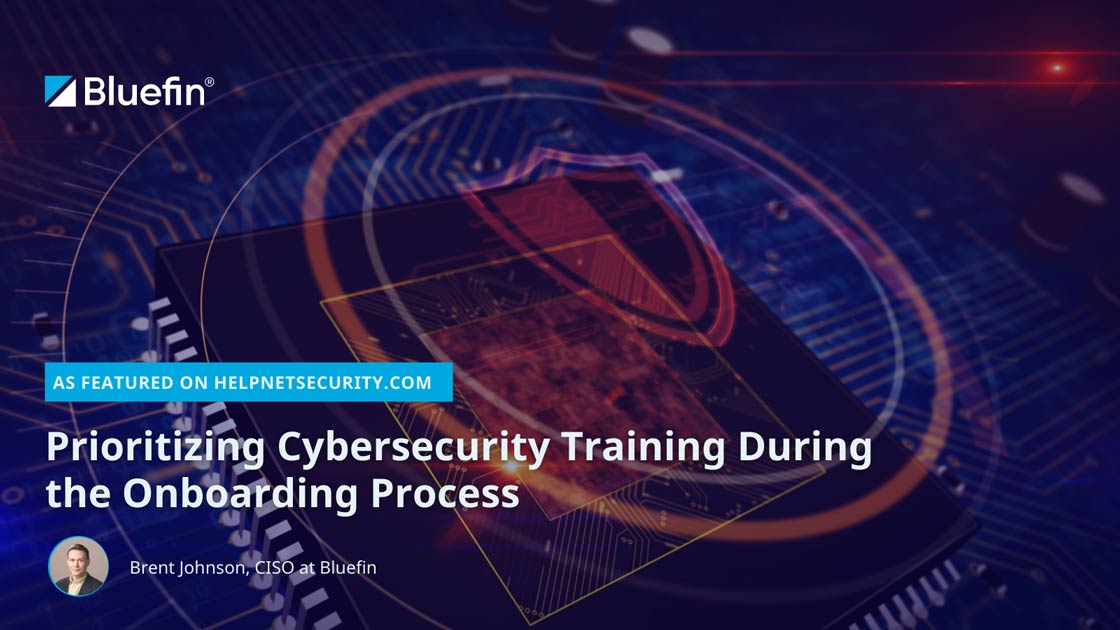Cybersecurity has certainly become a challenging issue for companies as of late. With the Covid-19 pandemic setting off what is now dubbed The Great Resignation, the U.S. reached a 20-year high “quit rate” last November. Job losses early in the pandemic followed by supply and demand issues that squeezed the labor market had companies scrambling to fill positions. On top of that, as the pandemic led business out of the office, employees working remotely have increased potential threats for their companies with various network intrusions, like the use of employee-owned devices and un-secure connections.
Cybercriminals are aware of cybersecurity’s vulnerable state, and the statistics surrounding data breaches provide the proof. In 2021, the reported number of data breaches impacted 281.5 million people, costing companies $1.79 million per minute and validating the need for cybersecurity awareness and employee training as a top priority for any business.
Recently Gartner surveyed 2,000 CIOs, revealing that 61% see cybersecurity as a top priority for 2022. Another survey revealed that over 25% of executives plan to double their cybersecurity budgets to address the heightened threat of data breaches.
Bluefin’s CISO, Brent Johnson, sat down with Help Net Security to discuss the obstacles and the importance of cybersecurity training, as well as ways to make your company’s training strategy relatable, understandable and diversified.
“As organizations continue to lose billions of dollars each year to threat vectors such as phishing scams, ransomware and data breaches, it’s clear a robust cybersecurity training program is a must for any company onboarding program. Organizations will benefit from making cybersecurity training a robust preventative measure instead of waiting until an attack to invest in this crucial aspect of data breach prevention.”
Access the full article on Help Net Security
Bluefin’s integrated payment security solutions -PCI-validated point-to-point encryption (P2PE) and tokenization – ensure clear-text payment data, Personally Identifiable Information (PII) and Protected Health Information (PHI) stays out of your system and is securely stored, making your customers’ payment information unusable on the Dark Web. Bluefin was the first company in North America to earn Payment Card Industry (PCI) validation for our point-to-point encryption (P2PE) solution in 2014. Learn more about Bluefin’s products.











